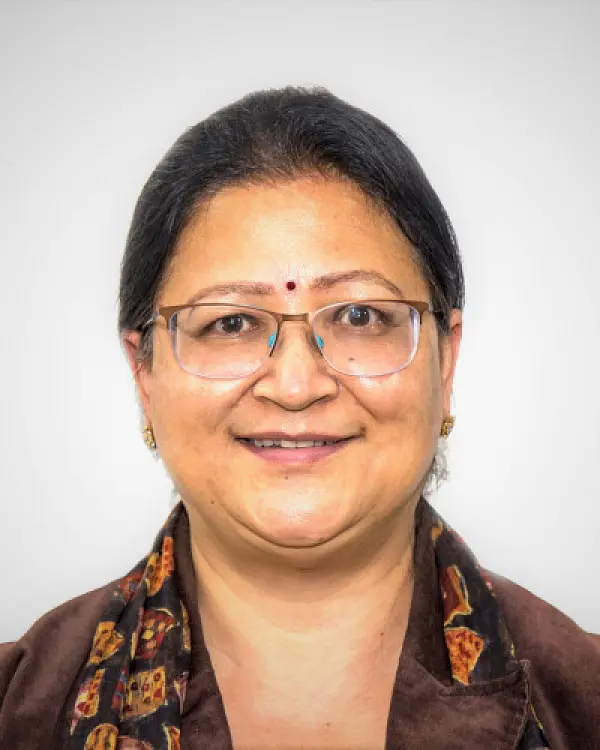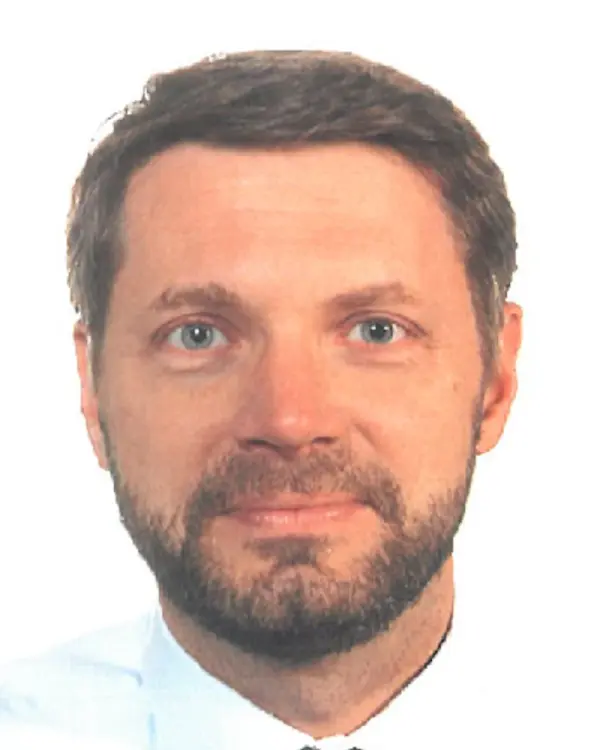Thematic Session 3: Early Warning for All via the GEO Work Programme
- Home/
- Events/
- Geo Symposium 2023 /
- Full Schedule/
- Thematic Session 3: Early...
Inclusive and multi-hazard early warning systems are one of the most effective ways to save lives and livelihoods in advance of a climate- or non-climate hazards. Countries with limited early warning coverage have disaster mortality that is eight times higher than countries with substantial to comprehensive coverage. Yet only half of the countries worldwide report being equipped with the capabilities to alert their citizens about impending hazardous events. This is why the Early Warning for All Initiative was formally launched by the UN Secretary-General in November 2022 at COP27.
This global initiative brings together UN and non-UN partners to ensure that everyone on Earth is protected by early warnings by 2027. GEO is a supporting implementing partner of the Initiative’s two out of four pillars articulated in the Executive Action Plan:
This session starts with an overview of this new global effort presented by United Nations Office for Disaster Risk Reduction (UNDRR) and the World Meteorological Organization (WMO), which co-lead the entire Initiativeand also each leads a pillar to which GEO is supporting. There will be four flash talks on four GEO Work Programme activities to present their latest work. All of those mentioned above plus other key implementing partners come together as a panel. In a facilitated panel discussion with audience, they will talk about why, where and how GEO is best positioned to deliver impact for national and local governments as well as communities through enhanced coordination and collaboration with the partners. For this purpose, SLIDO will be used for the audience to provide information on their activities and ideas about how to complement the efforts presented by the 4 GEO Work Programme (GWP) activities and the implementing partners. GWP activities are encouraged to update the mapping document of their solutions and stakeholders with their new ideas for coordination and collaboration.
The session is facilitated by the Risk-informed Early Action Partnership (REAP), which plays a critical role in including stakeholders from across the full early warningearly action value chain and reflecting their perspectives in the initiative. It should be noted that the next thematic session is also about contribution to the gives a deep dive on Urban Resilience for Heat and Health as a contribution to the Early Warning for All Initiative as GEO and WMO are teaming up for the development of new service.







